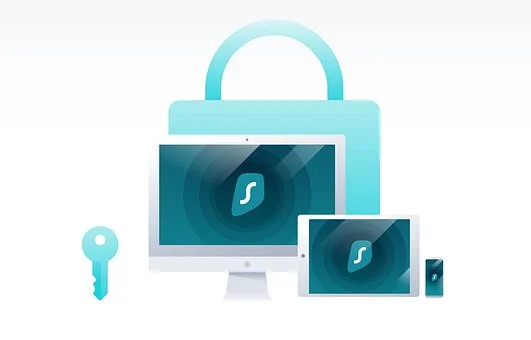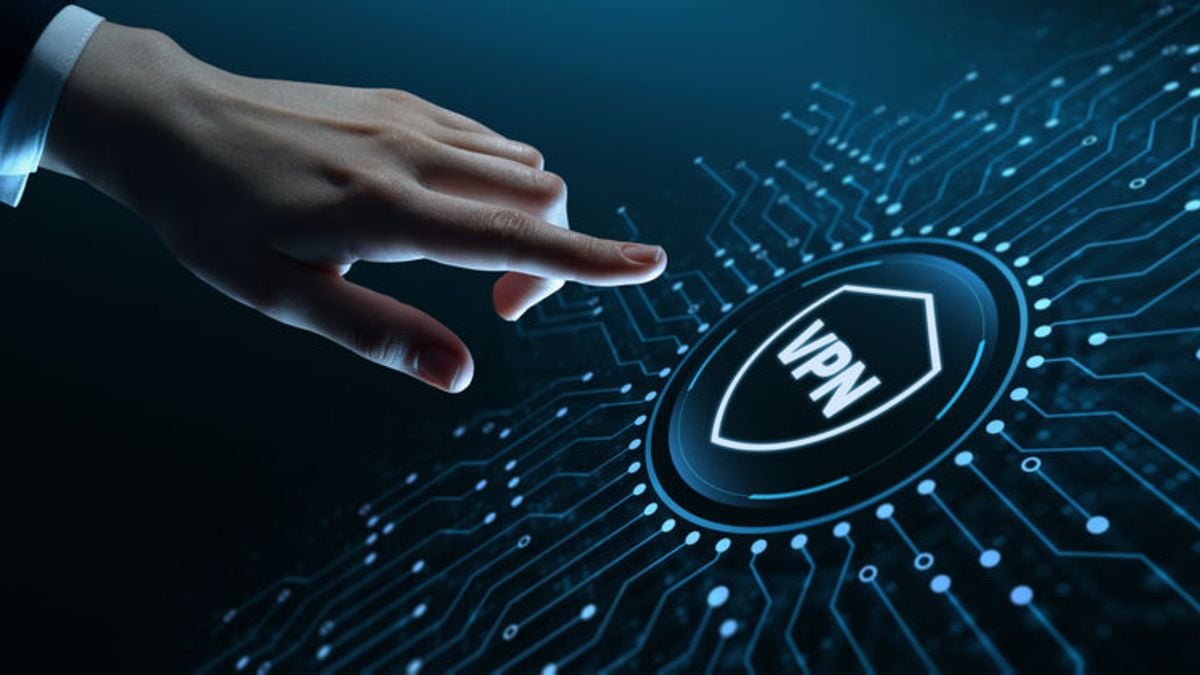What is a VPN for online data protection?

What is a VPN for Online Data Protection?
A VPN (Virtual Private Network) is a security tool that encrypts and anonymizes your online data. By using a VPN, you can protect your online data from prying eyes and maintain your privacy while you’re online. In this article, we will explain what a VPN is and how it can protect your online data.
What is a VPN?
A VPN is a virtual private network that encrypts your online data and routes it through a remote server. When you connect to the internet through a VPN, your online data is encrypted and sent to the VPN server. From there, the data is decrypted and sent to the internet. This process protects your online data from being intercepted by hackers, cyber criminals, or government surveillance.
How does a VPN protect your online data?
A VPN protects your online data in several ways:
- Encryption: The most important feature of a VPN is encryption. When you use a VPN, your online data is encrypted, making it unreadable to anyone who intercepts it. This helps protect your sensitive information, such as login credentials and financial information, from being stolen by cyber criminals.
- Anonymity: By routing your online data through a remote server, a VPN makes it difficult for anyone to trace your online activities back to your device. This makes it difficult for hackers, cyber criminals, or government surveillance to monitor your online activities and steal your personal information.
- Protection against public Wi-Fi: Public Wi-Fi is notoriously insecure, and using public Wi-Fi without protection can put your online data at risk. When you use a VPN, your online data is encrypted and sent to the VPN server, protecting your sensitive information from being intercepted by cyber criminals.
- Protection against censorship: In some countries, access to certain websites and online services is restricted by the government. By using a VPN, you can access these restricted websites and services, as well as protect your online data from being intercepted by government surveillance.
How to choose the right VPN for online data protection?
When choosing a VPN for online data protection, it’s important to consider the following factors:

- Encryption: Choose a VPN that uses strong encryption algorithms, such as AES-256. This will ensure that your online data is protected from prying eyes.
- Privacy policy: Make sure the VPN provider you choose has a strict privacy policy that protects your online data. Avoid VPN providers that log your online data or sell it to third-party advertisers.
- Server location: Choose a VPN provider that has servers in countries that have strong privacy laws. This will help protect your online data from being intercepted by government surveillance.
- Speed: Make sure the VPN provider you choose offers fast speeds. Slow VPN speeds can be frustrating and can make it difficult to use the internet.
- Cost: Choose a VPN provider that offers a balance between cost and features. Avoid free VPN providers, as they often lack the security features you need to protect your online data.
In conclusion, a VPN is an essential tool for online data protection. By encrypting and anonymizing your online data, a VPN helps protect your sensitive information from being intercepted by hackers, cyber criminals, or government surveillance. When choosing a VPN, it’s important to consider factors such as encryption, privacy policy, server location, speed, and cost. By taking the time to choose the right VPN, you can protect your online data and maintain your privacy while you’re online.
VPN Guider is dedicated to providing the most accurate and up-to-date information about VPNs and their features. They constantly monitor the market and test different VPNs to ensure that their reviews and comparisons are as accurate as possible. With their expertise and attention to detail, VPN Guider is the go-to resource for anyone looking to learn more about VPNs and how they can protect their online privacy and security.




